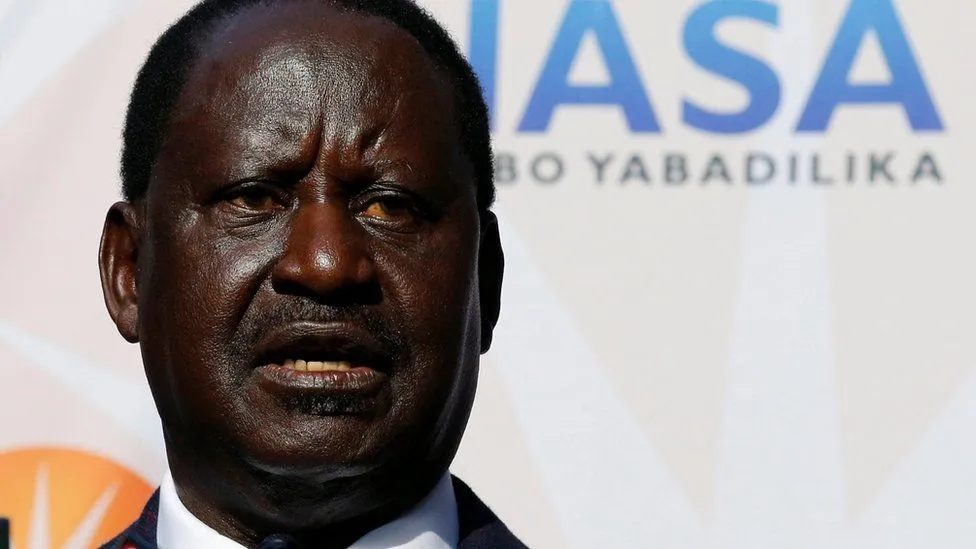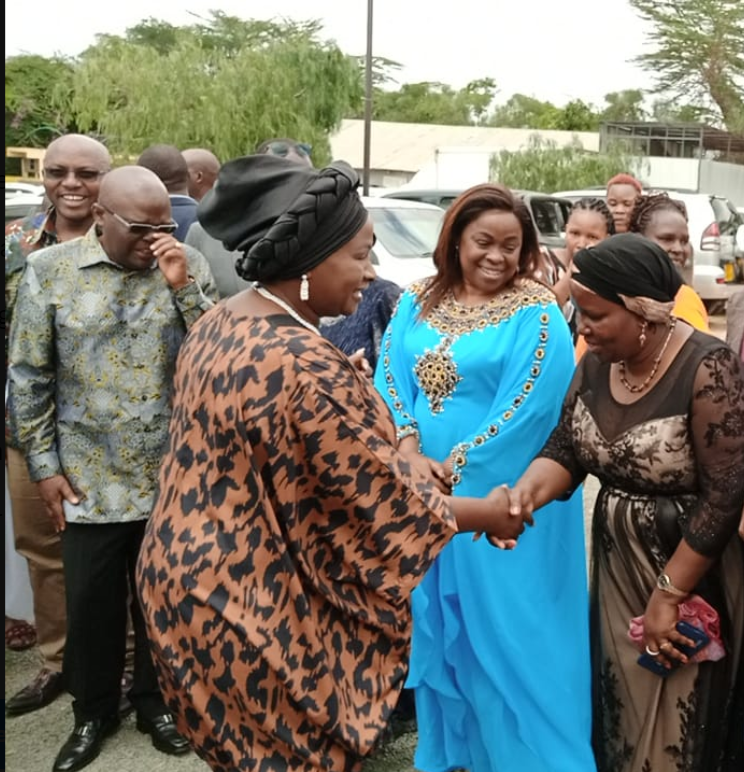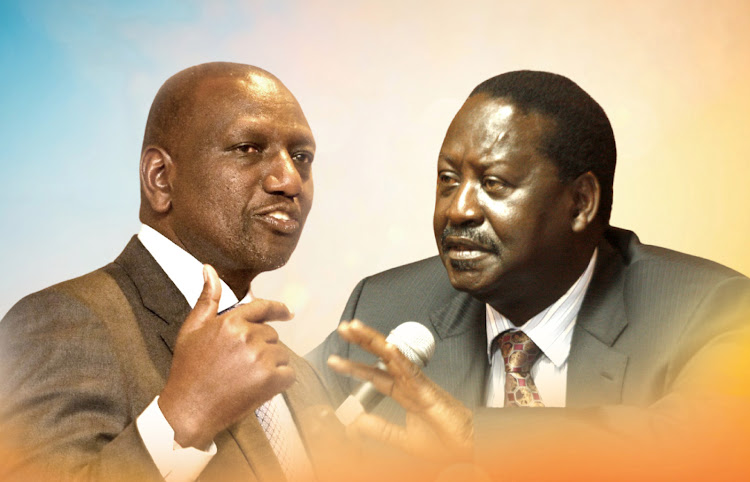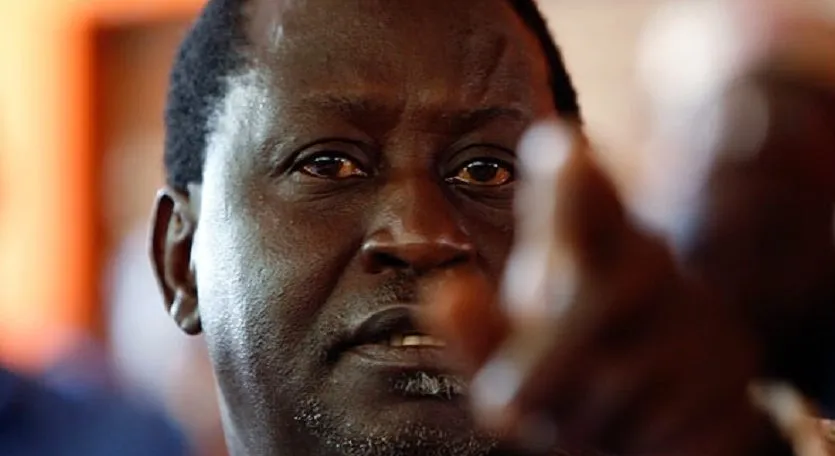Opposition leader Raila Odinga’s role as African Union Commission (AUC) high representative for infrastructure development in Africa has ended in controversy after nearly five years with mixed theories swirling around the circumstances under which he was fired.
Odinga claims that he requested to be freed “to pursue other urgent matters” but diplomatic and Kenyan government source indicate that he was pushed out.
His sacking comes amid a heated political storm and his calls for mass action over sky rocketting cost of living. Odinga has also announced that he does not recognize Dr. William Ruto as the president of the Republic of Kenya.
He was beaten by President Ruto in the August 9 2022 election when he attempted to clinch presidency for the fifth time. The opposition chief has since remained an angry man even after Ruto’s win was later upheld by the Supreme Court of Kenya where he had filed a petition.
But what is stoking the controversy over his exit from AUC is the fact that the letter announcing the end of his term was dated February 19, the same day President Ruto left Addis Ababa after attending the 36th Ordinary Session of the African Union Heads of State and Government Summit.
AUC chairperson Moussa Faki Mahamat in his letter thanked Mr Odinga for his service and informed him that the conversion of the Nepad Agency to the African Union Development Agency, Nepad is now complete and the new body has a “full mandate to implement the continental agenda on infrastructure.”
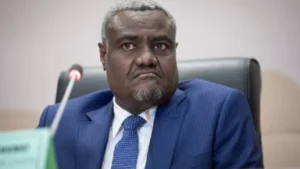
The statement literally meant that Odinga who was gifted with the job in October 2018 after a truce with then President Uhuru Kenyatta, was diplomatically fired.
“Your role in this journey, Excellency, has been invaluable. Allow me to express my profound gratitude for accepting to serve in this role during the transition period, which has now come to a happy conclusion,” Mahamat wrote.
The position had no definite period of tenure but reliable diplomatic sources at the AUC said it was a “polite termination” because Odinga is engaged in “endless politicking”.
He forgot that President Uhuru Kenyatta who got the job longer is in power and President Ruto would easily request for termination of his tenure due to continued politicking. Odinga has taken a hard-line position and he does not recognise President William Ruto and has continued to claim that the government of the day is illegitimate.
Odinga has led the opposition in 11 political rallies, dubbed people’s barazas, and is expected to hold another rally in Kakamega tomorrow and another one in Kitale in Trans Nzoia County on Sunday.
The Azimio leader was prompted by the leaked AUC letter, rushed to issue a statement and claim that he had requested Mahamat three weeks ago to be relieved of his duties.
Thankful to the @_AfricanUnion. pic.twitter.com/MyPDKZXW0s
— Raila Odinga (@RailaOdinga) February 23, 2023
Foreign Affairs PS Mr Korir Sing’oei, shared Odinga’s sacking letter on a tweet that read: “End of tenure notification. We thank Rt. Hon Raila Odinga for his service to the continental body.”
But Vihiga Senator Hon. Godfrey Osotsi defended the ODM leader, claiming, he had voluntarily opted out of the continental role and President Ruto had no influence in his exit.
“I do not think Odinga’s tenure at AU has anything to do with Ruto. The letter clearly stated that his term came to an end. It was not a termination. Again, the decision is made by the plenary of the Head of States and not one individual,” Osotsi said.
He added that Odinga has actively participated in politics while serving AU including vying for Presidency but was not fired.
Belgut MP Nelson Koech on the other hand distanced President Ruto from any links to Odinga’s sacking arguing that probably it was the ODM leader’s “subversive activities that led to termination of his tenure.
“If it was a question of withdrawal of backing by the government, President Ruto could have done it last year, but he opted for Raila Odinga to continue in his role even as he appointed Azimio Council Chairman and former President Uhuru Kenyatta as his own peace envoy,” Koech said.






